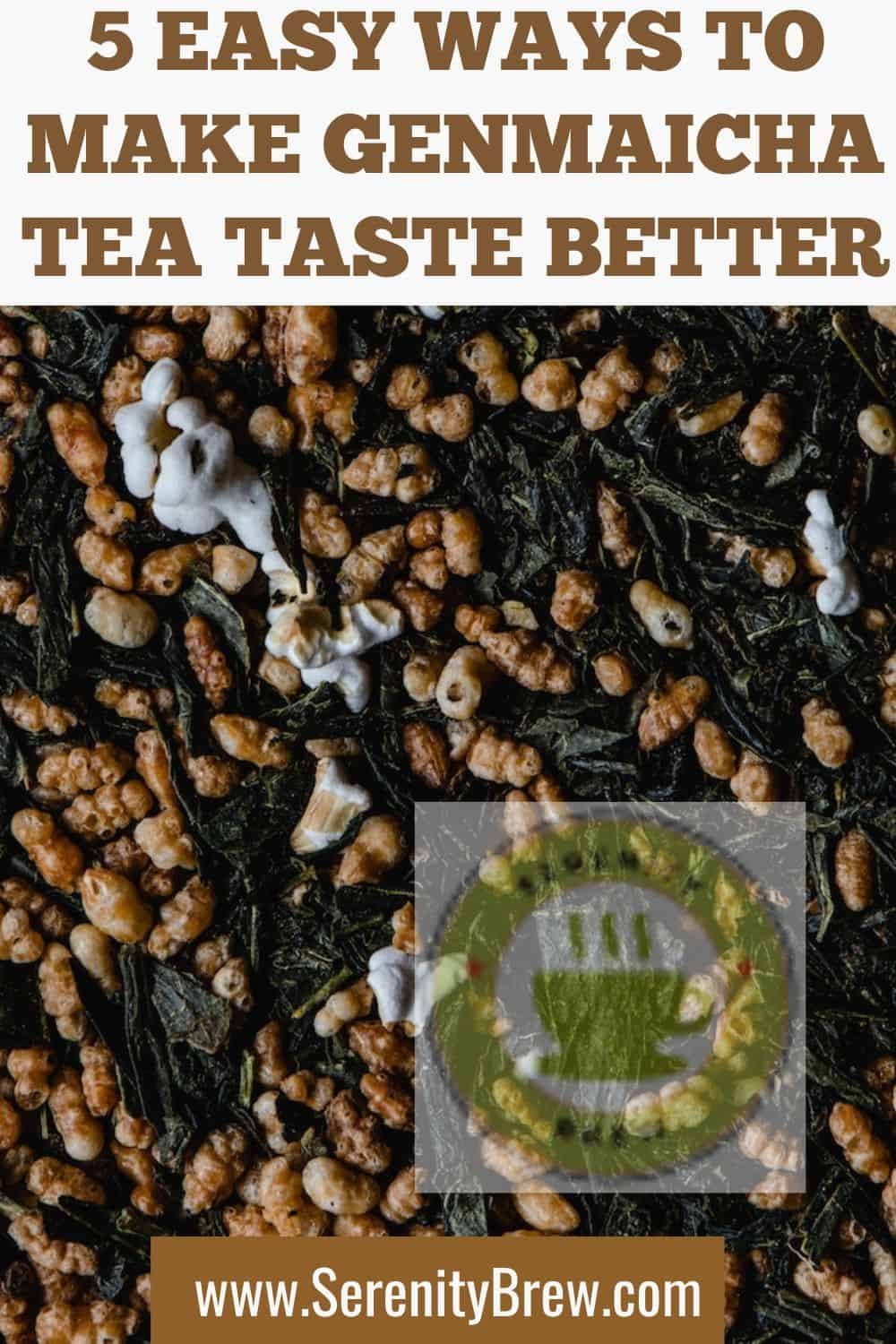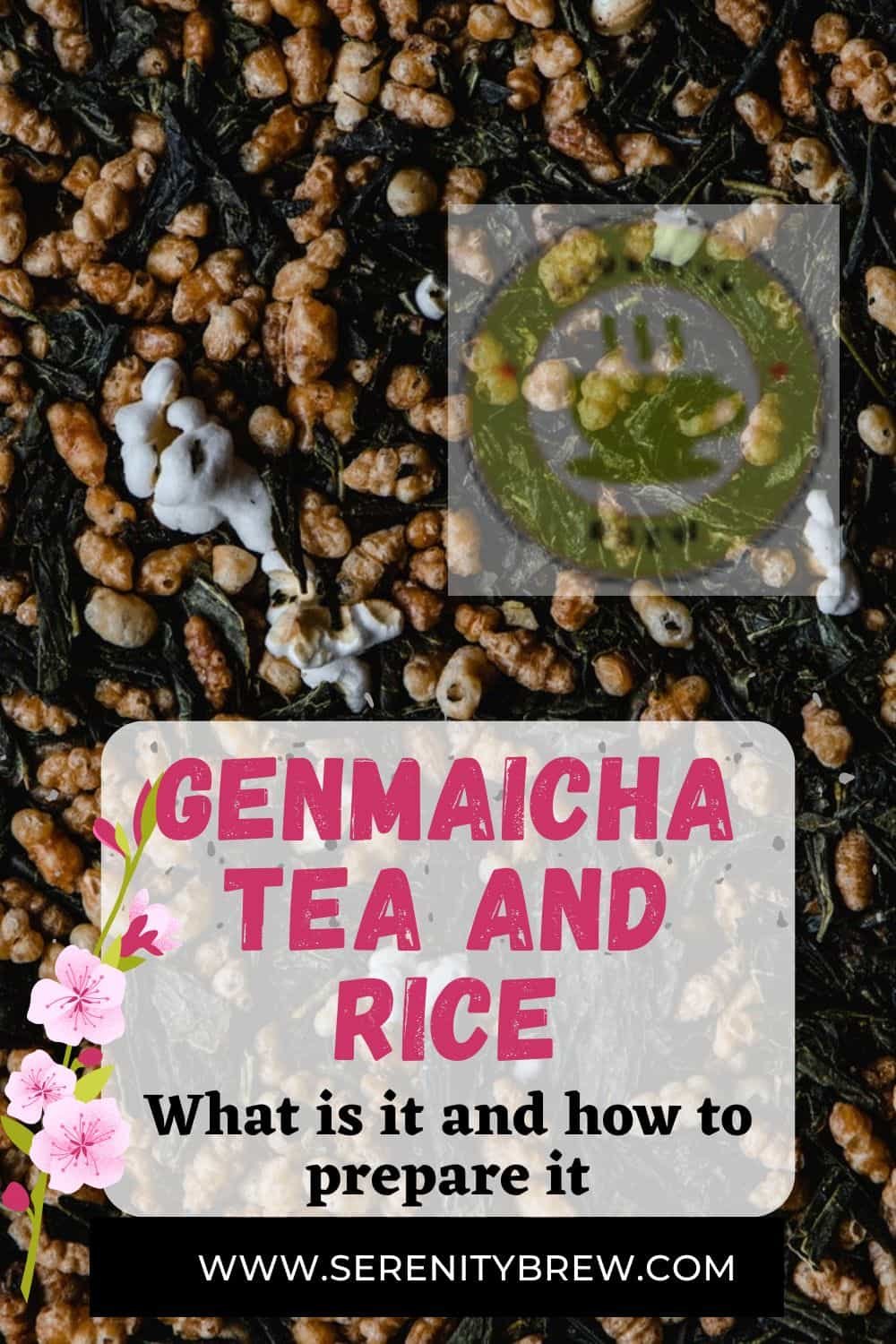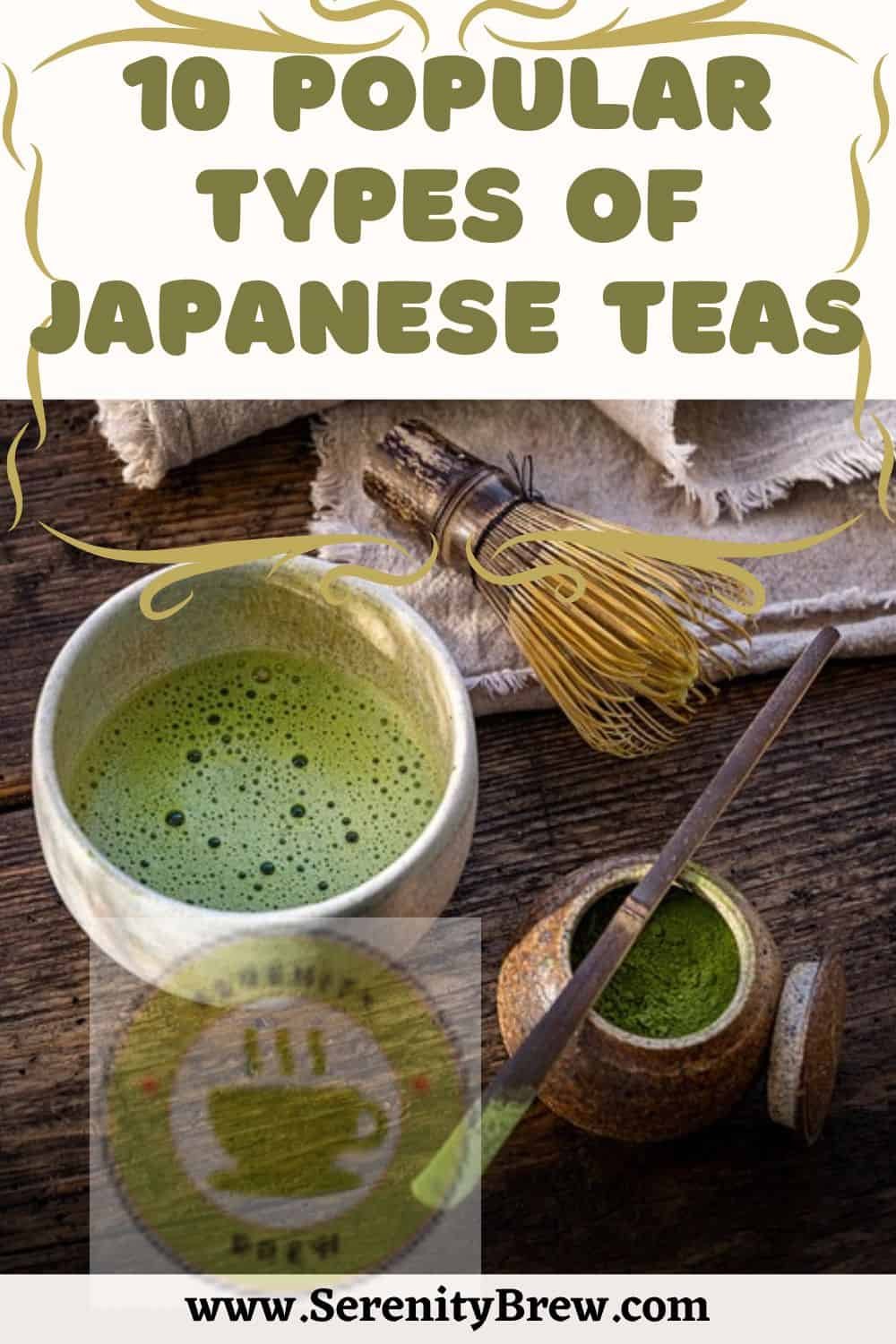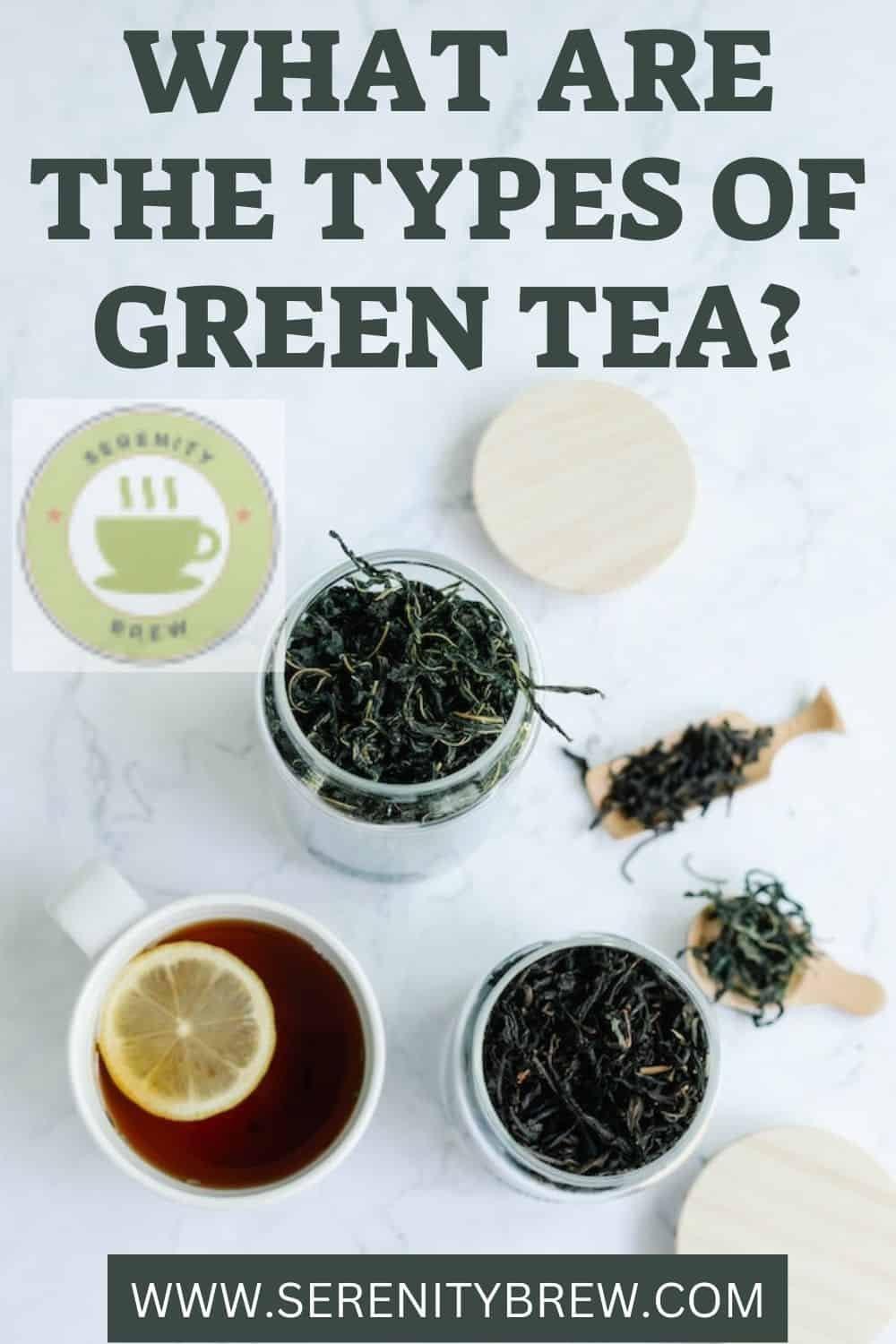Comparing Genmaicha Tea and Green Tea
Taste Differences
When comparing Genmaicha tea and Green Tea, you’ll notice significant differences in taste. Genmaicha tea has a distinct nutty and sweet flavor, thanks to the combination of bancha green tea and roasted brown rice. On the other hand, Green tea, such as Sencha or Gyokuro, has a more subtle and vegetal taste, with slight bitterness and astringency.
Nutritional Comparison
Although both Genmaicha and Green tea come from the same plant, their nutritional profiles vary due to their unique compositions. While Green tea is known for its high antioxidant properties attributed to catechins like EGCG, Genmaicha’s antioxidants are less concentrated due to the added roasted brown rice. However, both teas still provide health benefits such as boosting metabolism and promoting relaxation.
In terms of caffeine content, Genmaicha contains lower levels, averaging around 20-30mg per 8 oz cup. This can be advantageous for you if you’re looking to reduce your caffeine intake or want a tea option for nighttime consumption.
Best Uses and Occasions
Depending on the occasion, the choice between Genmaicha and Green tea varies. For a daily tea experience, where you’re savoring the pure taste of tea leaves, Green tea might be more appropriate as it reflects the traditional aroma and flavor profile.
However, Genmaicha can be a great choice for those who are new to Japanese teas or prefer a sweeter, less bitter option. Its unique flavor and lower caffeine content make it more suitable for sharing with friends and family during casual gatherings or enjoying a warm cup in the evenings.
Choosing the Right Tea for You
When deciding between Genmaicha and Green Tea, it’s essential to consider your taste preferences and the potential health benefits each tea offers. Both teas are known for their unique flavors and health properties, so understanding their differences will help you make the best choice for your palate and overall well-being.
Genmaicha is a Japanese green tea combined with roasted brown rice. This combination gives it a distinct nutty and slightly sweet flavor, setting it apart from traditional green teas. The roasted brown rice adds a comforting, savory note to the tea, making it enjoyable for those who prefer a milder taste. In terms of health benefits, Genmaicha contains antioxidants and has low caffeine content, making it suitable for people sensitive to caffeine or looking for a calming beverage.
Green Tea is a popular tea choice due to its wide variety of flavors and health benefits. Green teas such as Matcha, Sencha, and Longjing are known for their high levels of antioxidants, vitamins, and minerals. They have a more vegetal and sometimes grassy taste that is lighter than Genmaicha. Green tea can help improve your energy levels and metabolism, making it an excellent option if you’re looking for a more invigorating beverage.
Consider the following factors when choosing between Genmaicha and Green Tea:
- Flavor: Do you prefer a nutty and savory taste or a lighter, more vegetal flavor?
- Caffeine Content: Are you sensitive to caffeine or looking for a calming beverage? Genmaicha has lower caffeine content than most green teas.
- Health Benefits: Do you seek higher levels of antioxidants and vitamins, found in most green teas, or a unique blend with roasted brown rice found in Genmaicha?
Ultimately, your choice between Genmaicha and Green Tea depends on your personal taste preferences and health goals. It might be useful to sample each tea to determine which one best suits you and your needs.
Frequently Asked Questions
What are the main differences between Genmaicha and Sencha?
Genmaicha is a blend of bancha green tea and roasted brown rice, giving it a nutty and sweet flavor. Sencha, on the other hand, is a type of green tea made from whole tea leaves that are steamed, rolled, and dried. Sencha has a more grassy and refreshing taste profile as compared to the nutty flavor of Genmaicha.
How does the caffeine content in Genmaicha compare to other green teas?
Genmaicha contains less caffeine than most other green teas, including Sencha, due to the presence of roasted brown rice. This makes it a suitable option for those looking to enjoy the benefits of green tea with a lower caffeine content.
What are the differences in taste between Genmaicha and Hōjicha?
Genmaicha has a nutty and sweet taste, thanks to the combination of bancha green tea and roasted brown rice. Hōjicha, on the other hand, is made by roasting green tea leaves, resulting in a tea with a toasted and slightly caramel-like taste. While both teas have unique flavor profiles, they share a comforting, warm, and roasted character.
Can Genmaicha tea bags provide the same benefits as loose leaf tea?
While tea bags can provide some of the benefits of Genmaicha, loose leaf tea typically offers a higher quality taste and more potent health benefits. This is because loose leaf tea allows for a better infusion of the tea leaves and rice, ensuring that you get the full flavor and benefits of both components.
How many calories are typically found in a cup of Genmaicha tea?
A cup of Genmaicha tea contains very few calories, about 2-3 per serving. Since the tea is primarily composed of water, it is a low-calorie and hydrating beverage that can be enjoyed without guilt.
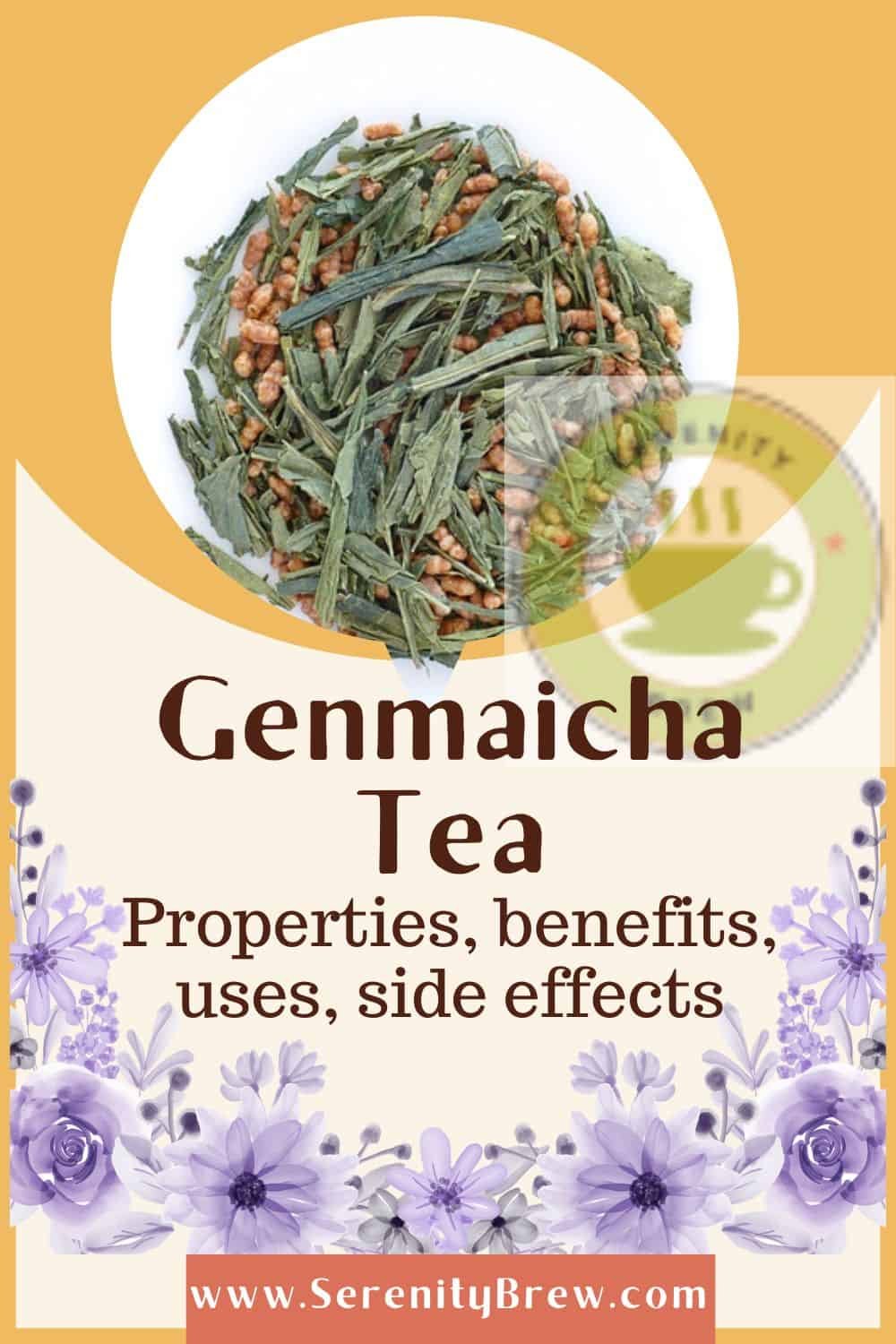 | 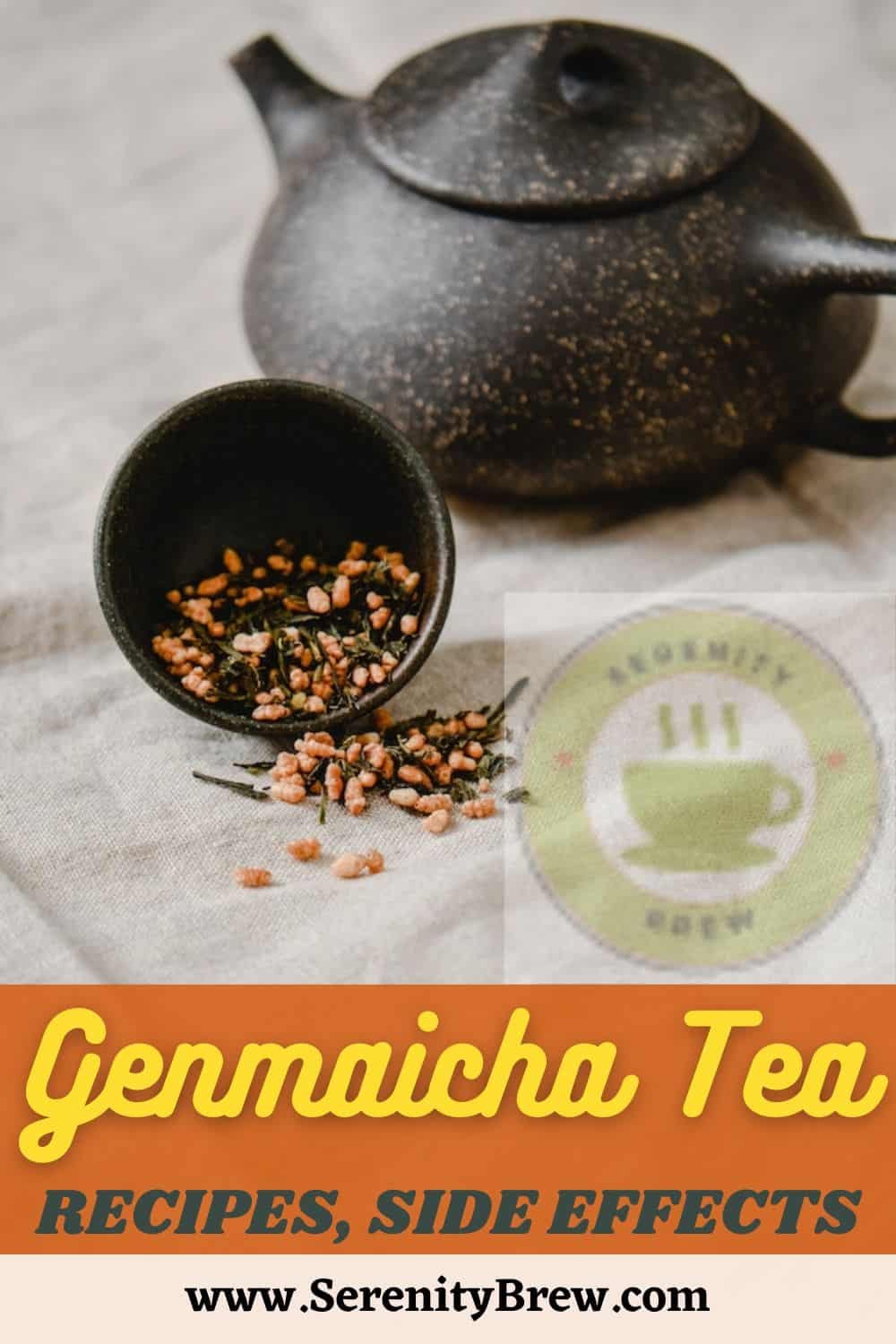 |
| Genmaicha Tea or Popcorn Tea: properties, benefits, uses, side effects | Genmaicha Tea: recipes, side effects |

